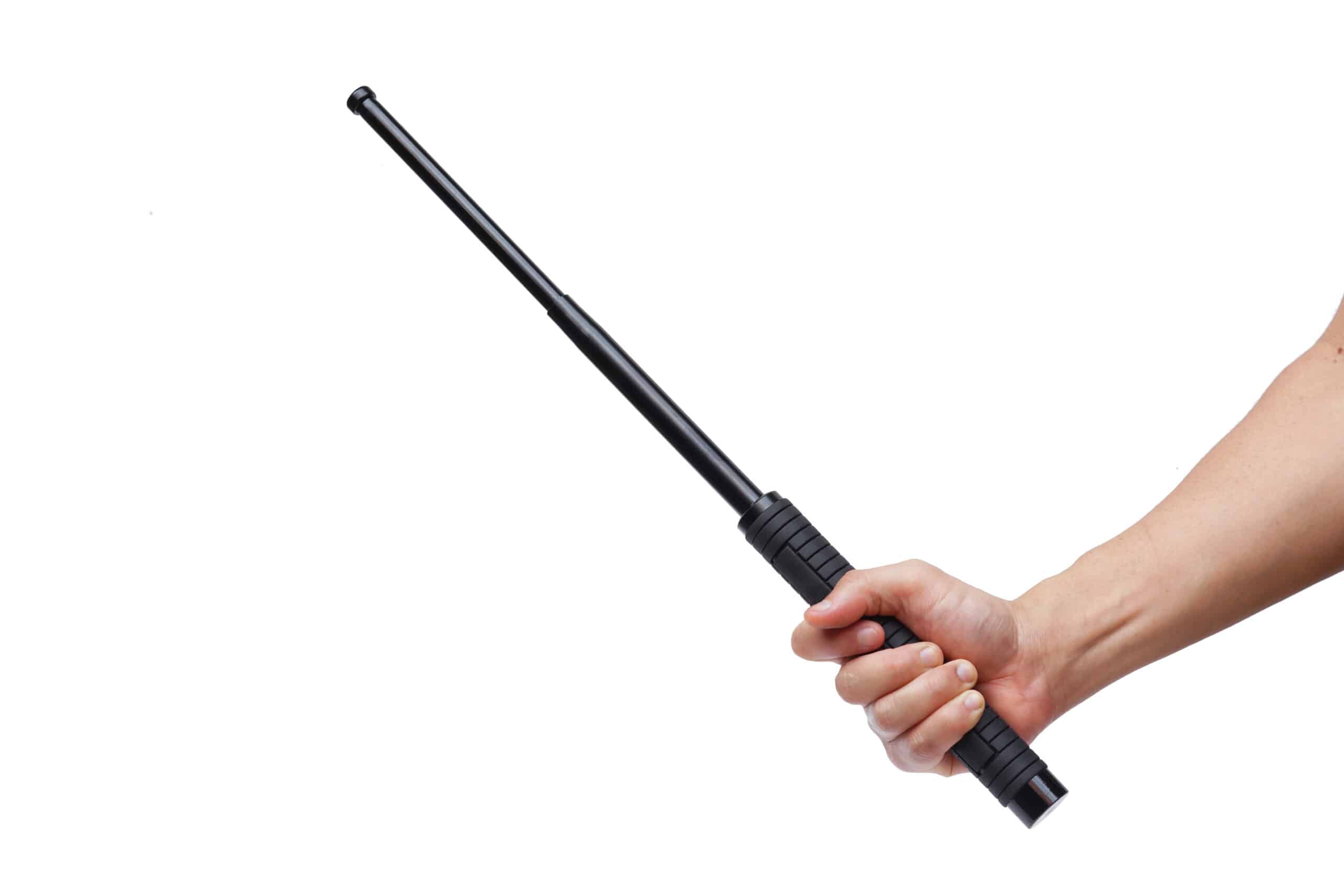Self defense batons have become increasingly popular in recent years as a means of protecting oneself from potential attackers. These compact and easy-to-carry weapons can be used to fend off assailants and give you a sense of security when you’re out and about. In this article, we’ll dive deep into the world of self defense batons and provide you with everything you need to know to choose and use one effectively.
Introduction to Self Defense Batons
Before we get into the nitty-gritty of self defense batons, let’s first take a look at what they are and how they work. Self defense batons are typically made of lightweight but durable materials such as steel, aluminum, or polymer. Protection sticks come in varying lengths and can be extended or collapsed to fit your needs.

Types of Self Defense Batons
There are several types of self defense batons on the market today, each with their own strengths and weaknesses. Let’s take a closer look at each type:
Expandable Batons
Expandable batons are the most popular type of self defense baton. They can be extended to a length of several feet, making them an effective weapon for keeping attackers at bay. These batons often come with a locking mechanism to keep them in place once extended.
Expandable batons can be made from a variety of materials, including steel, aluminum, and polymer. Steel batons are the most durable but can be heavier and more difficult to wield. Aluminum and polymer batons are lightweight and easy to handle but may not be as strong.
Telescopic Batons
Telescopic batons are similar to expandable batons but are designed to be more compact. They are typically shorter than expandable batons when collapsed but can be extended to a similar length.
Telescopic batons are often made from aluminum or polymer, which makes them lightweight and easy to carry. However, they may not be as durable as steel batons.
Keychain Batons
Keychain batons are the smallest type of self defense baton. They are designed to be attached to your keychain and can be extended to a length of a few inches. While they are not as effective as larger batons, they can still be used to deliver a quick strike to an attacker.
Keychain batons are typically made from aluminum or polymer, which makes them lightweight and easy to carry. However, they may not be as durable as steel batons.

Choosing a Self Defense Baton
When choosing a self defense baton, there are several factors to consider. Let’s take a closer look at each one:
Length
The length of the baton is an important consideration. Longer batons are typically more effective at keeping attackers at bay, but they can be more difficult to carry and conceal.
When choosing a baton, consider your physical abilities and needs. If you’re taller or have a longer reach, a longer baton may be more suitable for you. However, if you’re shorter or have limited upper body strength, a shorter baton may be a better choice.
Material
Self defense batons can be made from a variety of materials, each with its own strengths and weaknesses. Steel batons are durable but can be heavy, while aluminum batons are lightweight but may not be as strong.
Consider your budget and intended use when choosing a material. If you plan to use the baton frequently, it may be worth investing in a more durable steel or polymer baton. If you only plan to use it occasionally or for personal defense, an aluminum baton may suffice.
Ease of Use
Make sure to choose a self defense bat
on that is easy for you to handle and use. Consider the weight and grip of the baton, as well as any additional features such as a locking mechanism or ergonomic handle.
Legal Considerations
Before purchasing a self defense baton, it’s important to understand the legal considerations in your area. In some places, it may be illegal to carry a baton without a permit or license. Be sure to research the laws in your area and obtain any necessary permits or licenses before carrying a baton.

How to Use a Self Defense Baton
Now that you’ve chosen a self defense baton, it’s important to learn how to use it effectively. Here are some tips for using a baton in a self defense situation:
Practice Proper Grip and Stance
Before using a baton in a real-life self defense situation, it’s important to practice your grip and stance. Hold the baton with both hands, one near the base and one near the end. Stand with your feet shoulder-width apart and your non-dominant foot slightly behind your dominant foot.
Aim for Vulnerable Areas
When using a baton to defend yourself, aim for vulnerable areas such as the head, neck, or knees. Strikes to these areas can incapacitate an attacker and give you time to escape.
Use Quick, Powerful Strikes
Use quick, powerful strikes when using a baton. This will maximize the force of the strike and increase your chances of incapacitating the attacker.
Be Aware of Your Surroundings
When using a baton in a self defense situation, it’s important to be aware of your surroundings. Make sure there are no innocent bystanders in the area who could be injured by your strikes.
Conclusion
Self defense batons can be a valuable tool for protecting yourself from potential attackers. When choosing a baton, consider factors such as length, material, ease of use, and legal considerations. Remember to practice your grip and stance, aim for vulnerable areas, and use quick, powerful strikes in a self defense situation.
At our store, we take pride in offering a variety of expandable batons, each designed to meet different needs and preferences. From compact and concealable options to those boasting extended reach and durability, our selection caters to individuals seeking reliable self-defense tools. With our diverse range, you can find the perfect expandable baton to empower yourself and enhance your personal safety.

FAQs
-
Are self defense batons legal? Answer: The legality of self defense batons varies by location. Make sure to research the laws in your area before carrying a baton.
-
How do I choose the right length for my self defense baton? Answer: Consider your physical abilities and needs when choosing the length of your baton. Longer batons are typically more effective but can be more difficult to carry and conceal.
-
Can I use a self defense baton to defend myself against a knife or gun? Answer: While a baton can be an effective tool for self defense, it may not be as effective against a knife or gun. It’s important to always prioritize your safety and escape the situation if possible.
-
How do I practice using a self defense baton? Answer: Find a safe, open area to practice your grip and stance, as well as striking techniques. Consider taking a self defense class to learn more advanced techniques.
-
Can I bring a self defense baton on an airplane? Answer: No, self defense batons are not allowed on airplanes. They must be packed in checked luggage.

